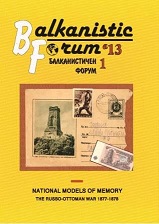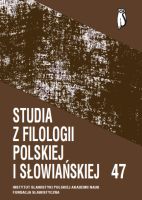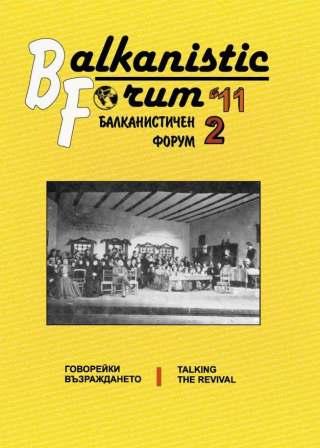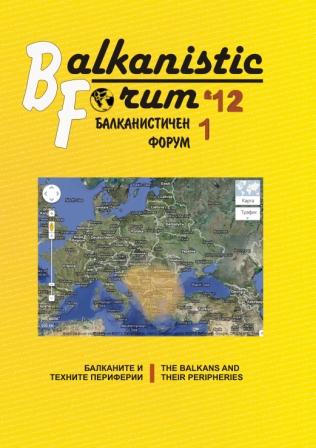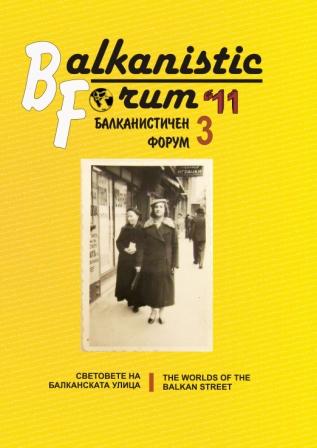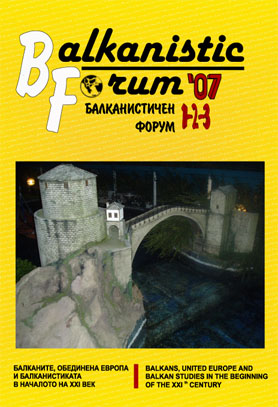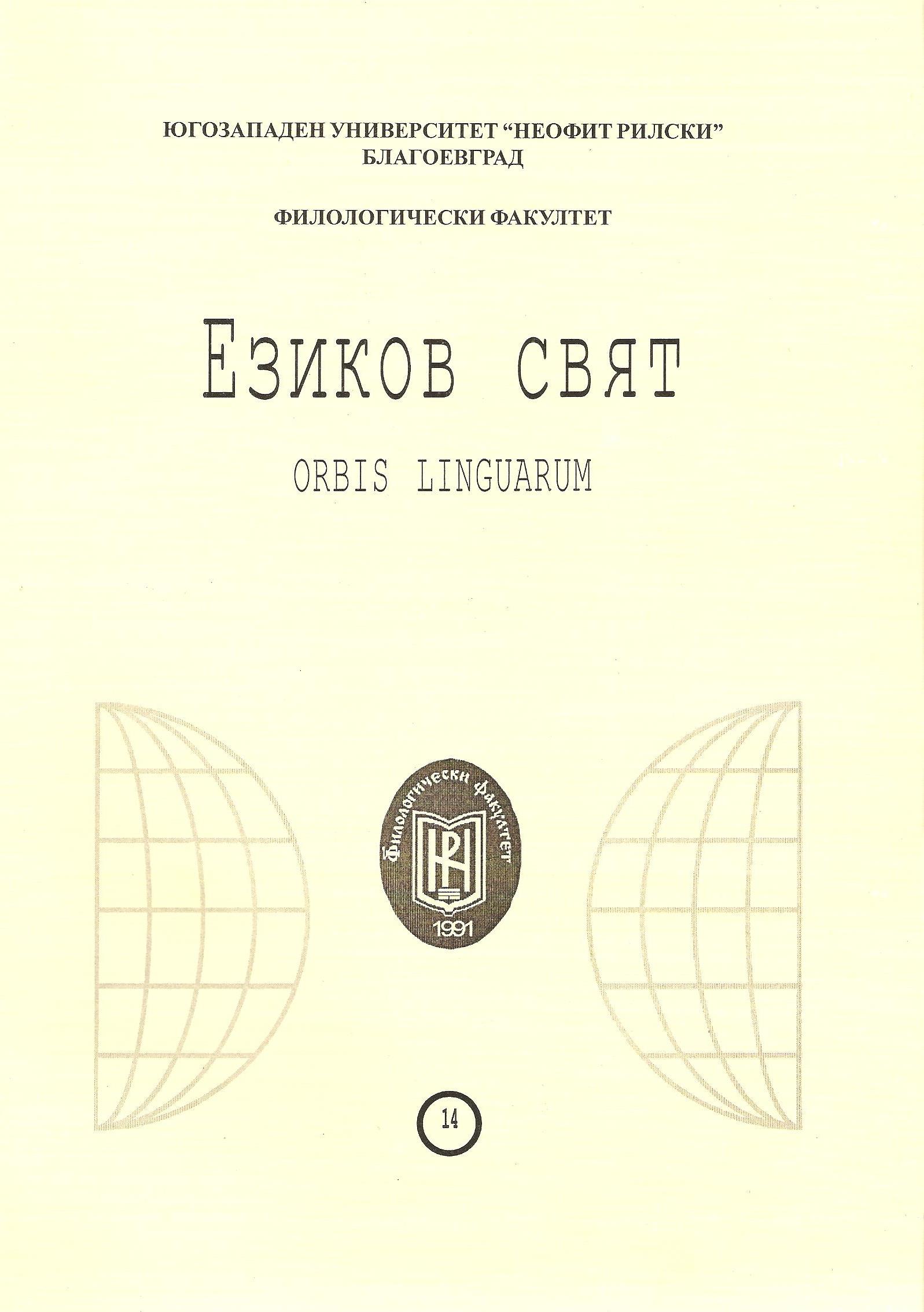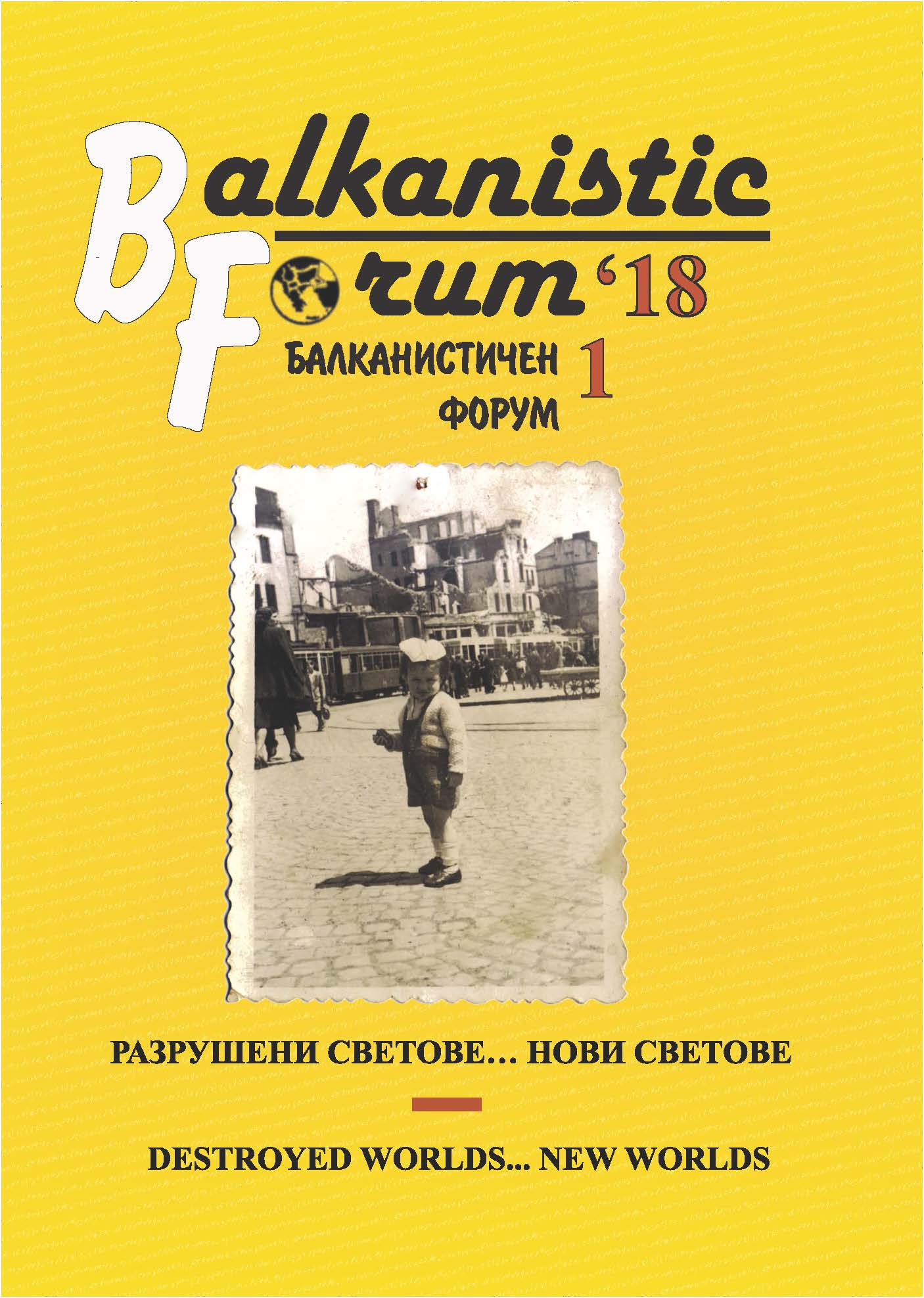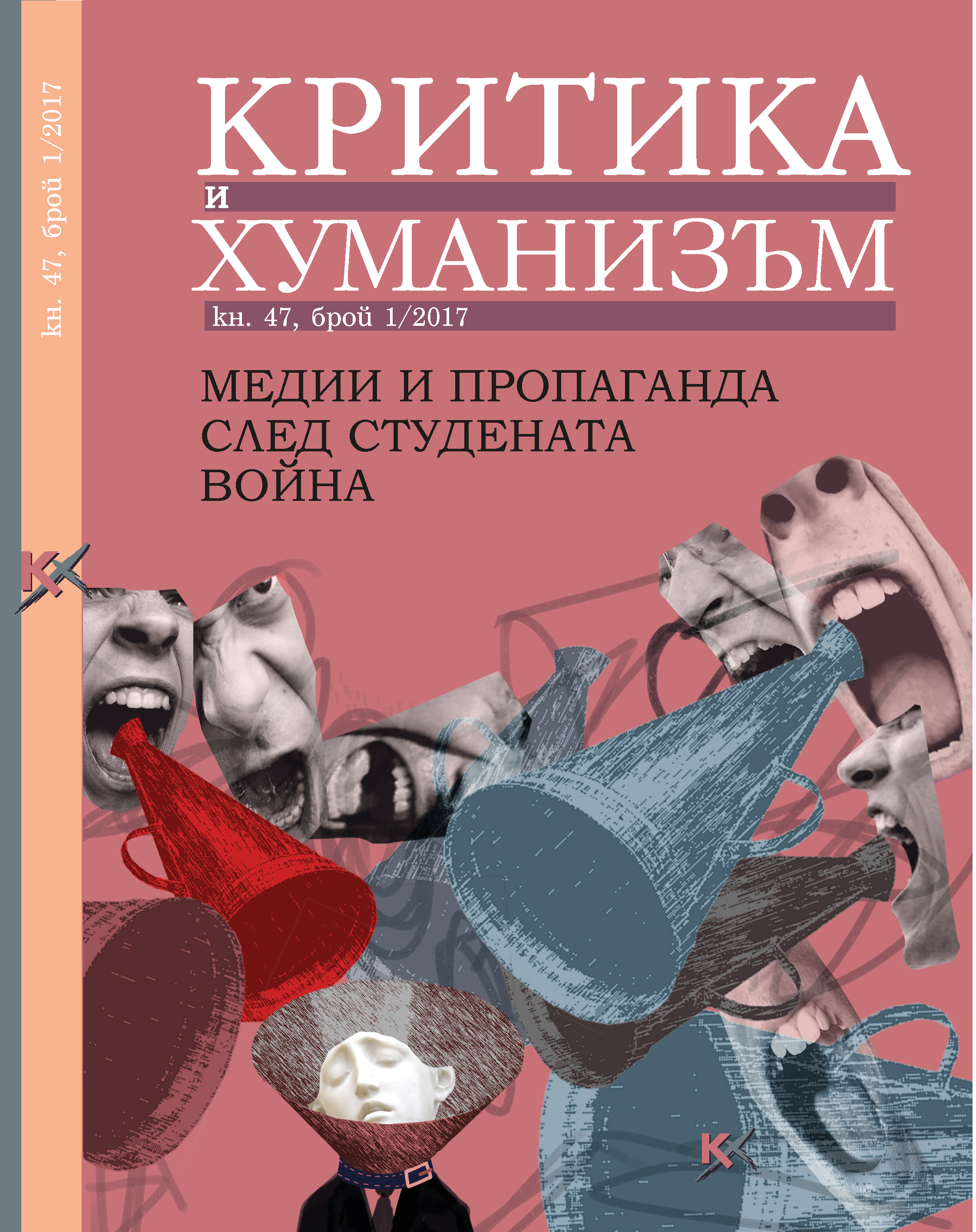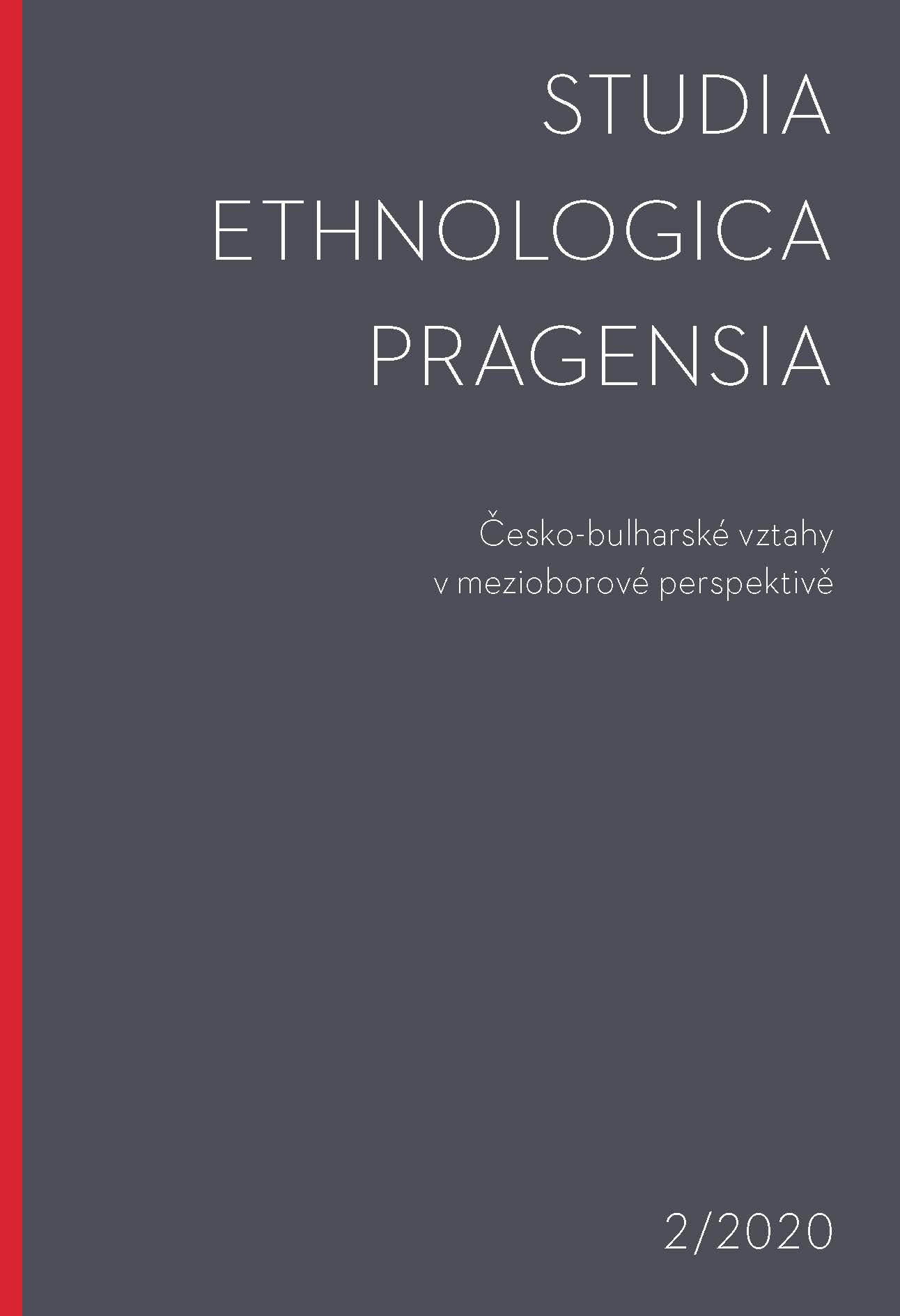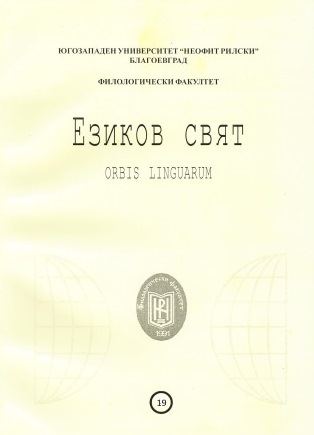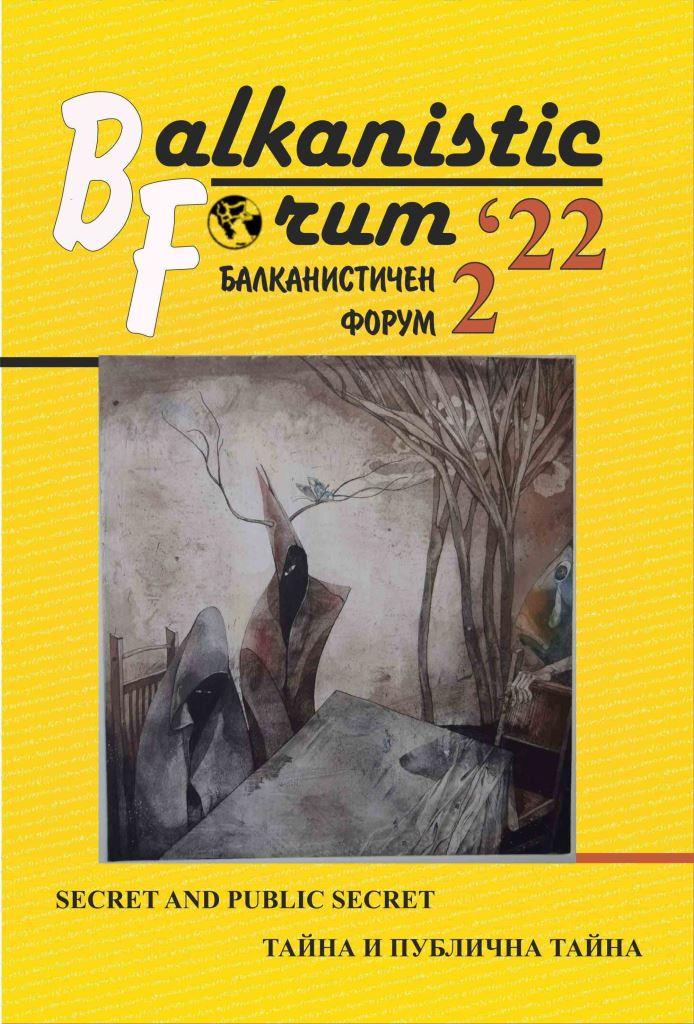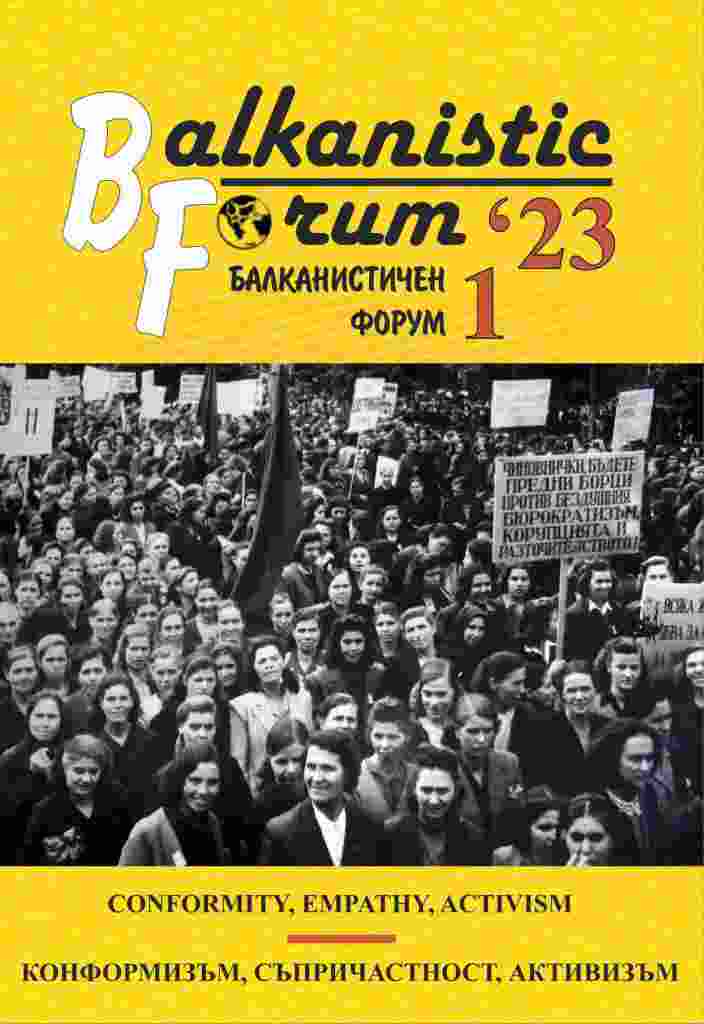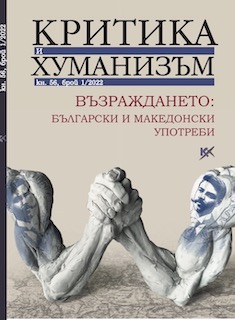NEIGHBOR UNKNOWN: BALKAN SLAVIC LIETARURES AT THE BEGINNING OF 21st CENTURY
NEIGHBOR UNKNOWN: BALKAN SLAVIC LIETARURES AT THE BEGINNING OF 21st CENTURY
Keywords: the Balkans; East – West; myth; history; stereotypes; the new Slavic novels;
The article discusses how the Balkans create the myth of their history/histories through the experience of subordination and the aspiration to overcome it. One of the common moments in these stories at the beginning of the 21st century is connected to the idea of the adventures of identity with the motive for the memory and seeking foot in their own past, in the national vicissitudes and myths that are transforming. Some key Slavic novels from the beginning of the 21st century reflect the intersections of what civilizational east-west ‘luggage’ the Slav in Europe has at the beginning of the century, how this ‘luggage’ fights the stereotypes of the West and of the East as well, how the collapsing Yugoslavia-world, as well as the world of communist regimes in the region topicalize the issue of memory, history, literature and language as a whole.
More...
